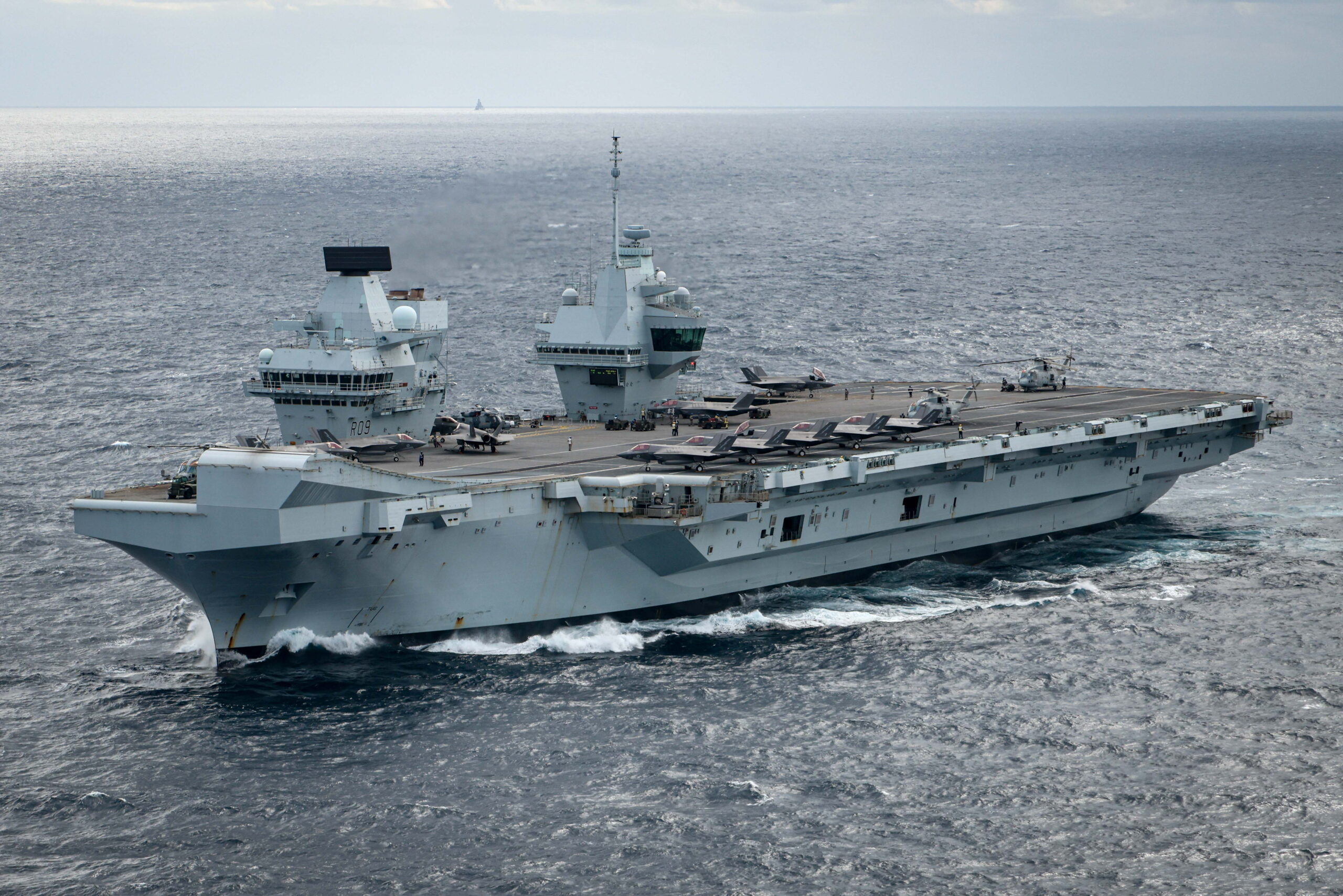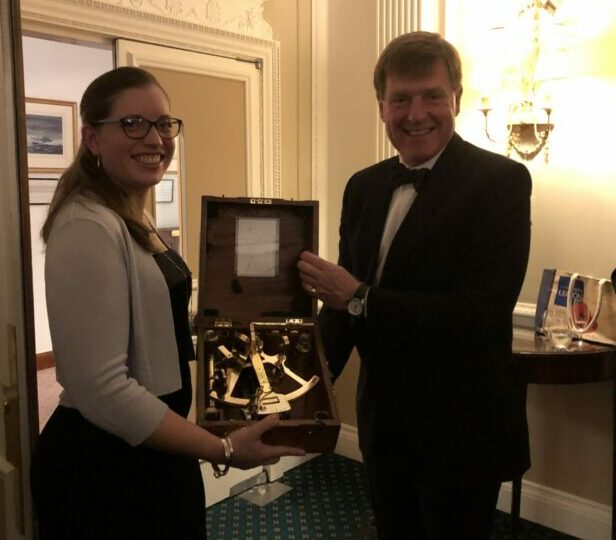
THE ROYAL NAVY CLUB
of 1765 & 1785 (United in 1889)
Although principally a dining Club that links those officers qualified for sea command in the Royal Navy, the Club’s primary purpose is charitable; to support those in need who are the widows, widowers, siblings, orphan children and dependants of former members of the Club. The definition of “Dependants” will be considered in its broadest sense at the discretion of the Trustees. A registered charity, it relies on its Surplus Fund to provide this support. To that end the Club strongly encourages donations through legacies in wills, regular donations by Standing Order or even occasional one off donations.
Eligibility for membership of the Club requires Command Qualification 2 (CQ2), or its equivalent predecessor, as a minimum and to be, or have reached before retiring, the rank of Lieutenant Commander or above. Additionally, for a Lieutenant Commander, there is a requirement to have exercised previous regular Sea Command of a vessel over 300 tons displacement or be selected for an assignment in which the individual will exercise regular sea command.
Thus to keep our Club viable, it is essential to introduce new blood, particularly that of serving officers in the fleet, and thus it is incumbent on us all to maintain a proper lookout for those who are eligible for membership of this unique Club, of which Lord Nelson was a member, but have not yet seen fit to apply for membership. In so doing, it is a timely reminder that the income from subscriptions helps to support the Club’s charitable work; Fellow Officers are requested to report any cases of actual or potential hardship experienced by widows, widowers, siblings, orphaned children or dependants of former Members, (this latter seen in its broadest form) who may be eligible for help from the Royal Navy Club’s Surplus Fund.
Join the club – Find out moreOur Patron: HIS MAJESTY KING CHARLES III
 As former prince of Wales, His Majesty has been patron since 2002. A review of patronages is currently underway by Palace staff across all Royal Patronages.
As former prince of Wales, His Majesty has been patron since 2002. A review of patronages is currently underway by Palace staff across all Royal Patronages.
On 15th September 1971, His Royal Highness joined the Royal Naval College, Dartmouth, under the graduate entry scheme, as Acting Sub-Lieutenant. The Duke of Edinburgh, and his great-uncle, Lord Mountbatten, had both been at Dartmouth.
A 1974 Pacific voyage on the frigate HMS Jupiter included calls at Singapore, New Zealand, Tonga, Western Samoa, Honolulu, San Francisco, Acapulco and Bermuda. On 1st May 1973, The Prince of Wales was promoted to Acting Lieutenant.
On 2nd September 1974 The Prince joined the Royal Naval Air Station Yeovilton for helicopter flying training before being assigned to 845 Naval Air Squadron as a pilot on board the commando carrier HMS Hermes. Following a lieutenant’s course at the Royal Naval College, Greenwich, The Prince was given command of his own ship; the minehunter HMS Bronington, for the final ten months of his active service in the Royal Navy ending on 15th December 1976.
In January 1977 he was promoted to the rank of Commander before ending his active Royal Naval service later that year.


 The winner of the Royal Navy Club annual prize is Lt Cdr Helen Taylor. She received her polished brass Pusser’s sextant at the Founders’ Day Dinner, 2024 presented by the First Sea Lord, Admiral Sir Ben Key KCB CBE ADC
The winner of the Royal Navy Club annual prize is Lt Cdr Helen Taylor. She received her polished brass Pusser’s sextant at the Founders’ Day Dinner, 2024 presented by the First Sea Lord, Admiral Sir Ben Key KCB CBE ADC